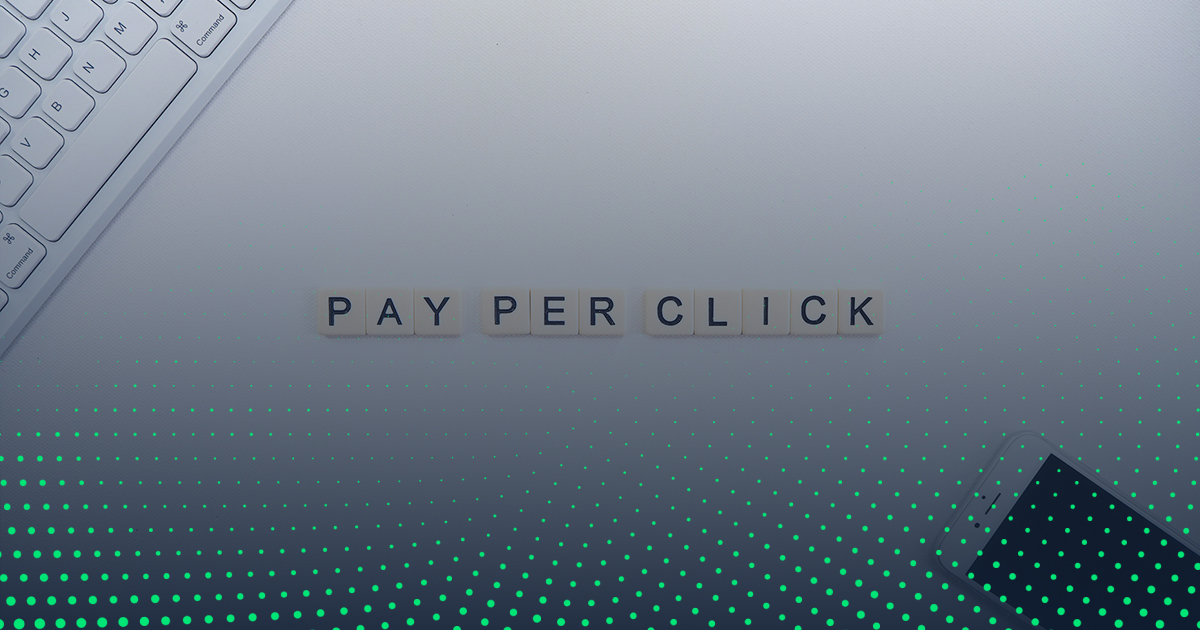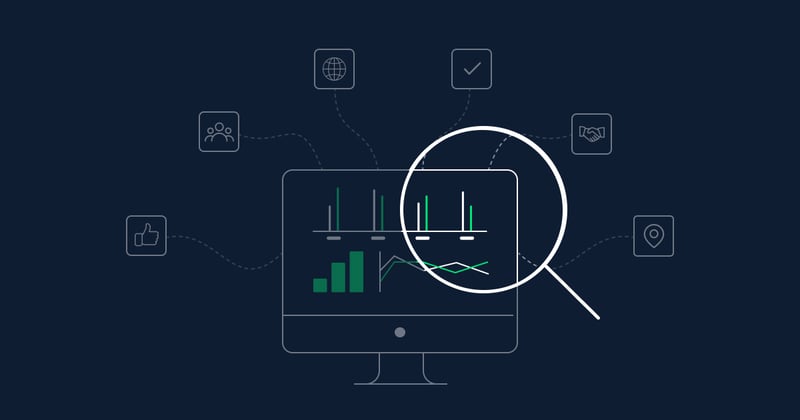As a B2B marketer, no matter what your business size you probably have a clue about PPC or know one of its famous examples, Google Ads. However, do not feel intimidated even if you are hearing about it for the first time.
In this article, we look at the benefits of PPC, how to set up a campaign, and manage it.
What Is Pay-Per-Click Marketing?
PPC is an online advertising model where you pay a fee for every click on your ad. In other words, you buy visits to your site. Fortunately, a 2016 Ofcom study revealed that only 49% of adults could accurately identify sponsored Ads in SERP results. Consequently, there are no significant biases against paid Ads.
How PPC Works In B2B
The working principle of PPC for B2B is simple in theory. You bid for a specific keyword with the search engine. When a user makes a query using the keyword, the search engine checks the bidding pool for the winners and shows them on top of the search engine results page.
Some of the factors that determine the ad that wins are the quality of the advert’s content and the keyword relevance. Nonetheless, the size of the bid plays a more significant role than the rest.
The Benefits of PPC for B2B
1. Easy Set Up
You can create a campaign in three simple steps. First, create an account with the PPC network you wish to use. Once your account is ready, create your Ad and add the keywords you believe the target audience will use to search for your product.
The final step is to link the ad to a landing page on your website. You can then deposit the money and watch it work for you.
2. Quick Results
We are living in a world of fast things, from fast cars to fast foods. There is no harm in having immediate results if you can do so legally. In B2B marketing, PPC is your turbo boost in case you need to a quick rise in your sales. While SEO content marketing is excellent for long-term marketing, it is not the best when rapid returns are the goal.
Your ad will rank high almost immediately as soon as you set up your campaign; the most important thing is to ensure you properly set up your PPC strategy. If you do not do so, like most first-timers, you will not be able to monitor the results to determine what needs improvement.
3. You Can Afford It
In real life, fast returns are either illegal or very expensive. PPC is neither of these if done correctly. First, it allows you to set up your budget for the campaign. Therefore, you cannot spend more than you have unintentionally. Secondly, you do not pay a dime until someone clicks on your ad. It is unlike other online advertising options where you pay irrespective of the results.
4. Measurable Results
Measuring ROI of SEO marketing is one of the hurdles B2B online marketers deal with each day. PPC is different. Pay-per-click networks such as Google and Facebook provide different metrics that you can use to monitor the performance of your campaign.
Some of the metrics that you can see include the number of people who viewed your ad, those who clicked on it, and those who performed your desired actions such as reading an article, adding to cart or buying a product.
5. Makes Remarketing Easy
PPC campaigns make marketing to previous visitors easy. Remarketing is essential in B2B marketing because you are not marketing to individuals, but a company. You, therefore, need to keep the target account interested in your product. In this case, PPC ads may appear on the display network as well as search results.
6. Offers Relevant Exposure
An ad is only useful if it is visible to the right audience. PPC allows you to limit your exposure to your target group. Unlike SEO marketing, you can control where and who sees your advert, making it ideal for both local and international brands. Unfortunately not getting this right can make the strategy very wasteful.
7. Gives You Control
PPC allows you to determine the specific places you want your visitors to go to when they click on the ad. The feature is beneficial if you wish your visitors to follow a particular information path when navigating your products or website.
How to Create an Effective PPC Keyword List For B2B
The essential part, and often the most time-consuming, is creating a keyword list. It is because the whole campaign relies on keywords. Consequently, you need to get this part right before putting your money into the campaign.
Most first-time PPC marketers miss important keywords. Here are features that make up an effective keyword list:
Relevant: The keyword should be highly related to the products you are selling. For example, if you are selling branded corporate t-shirts, you have no business with keywords such as “branded t-shirts” or just “t-shirts.” It will ensure only relevant audience see and click on your ad.
Exhaustive: In addition to the most common keywords, add a long tail, less popular but more specific keywords. They are also less competitive, which makes them cheaper in the bid market.
Adaptive: The keywords should provide room for improving and adapting to your PPC campaign.
How to Manage a PPC Campaign in B2B
Continuous assessments and adjustments are essential for the success of a PPC marketing strategy. As you monitor the performance of your pay-per-click ads, you can optimise them as necessary. Some of the ways to do this include:
• Adding relevant keywords to your keyword list.
• Improving campaign relevancy by adding non-converting words as negative words.
• Removing non-performing keywords
• Splitting your ads into smaller groups for a more targeted reach.
• Modifying the content of landing pages to align with search queries and increase conversion rates.
Conclusion
PPC has been around for years and will remain so for a reason. Besides the quick results, you can easily measure the ROI and control what the visitor sees. An important take away is to ensure you do not send all your traffic to one landing page.
Contact us if you need help setting up or managing your PPC campaign, the experts at GrabSome are on hand to help!














